Best of 2013
I'm free of the tyrannical naming conventions of years past!
Unfortunately, I'm not free of the prison of time. I barely played anything this year. So, here's a list of what I did play, in rough order. It somehow hit ten items! As usual, list of shame:
- The Last Of Us
- The Swapper
- Brothers
- Gone Home
- Saints Row IV
- AC IV
- Tomb Raider
- Probably others!


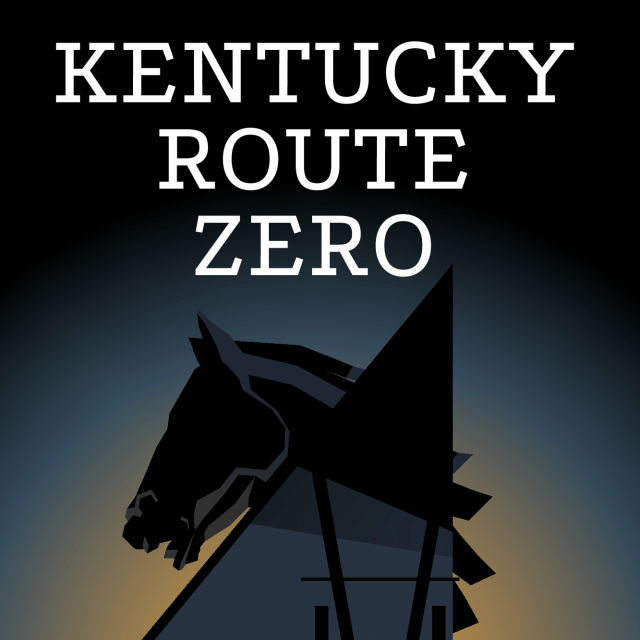
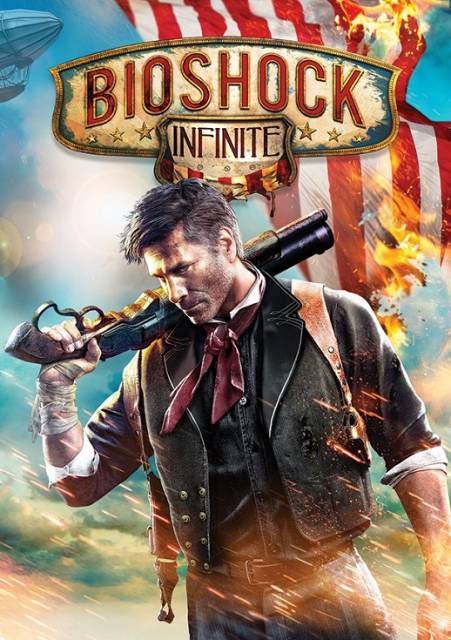
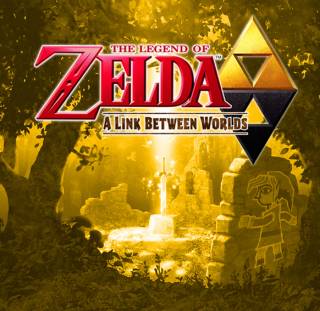
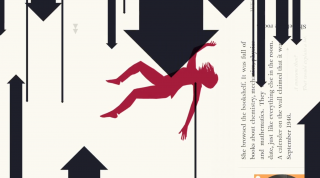
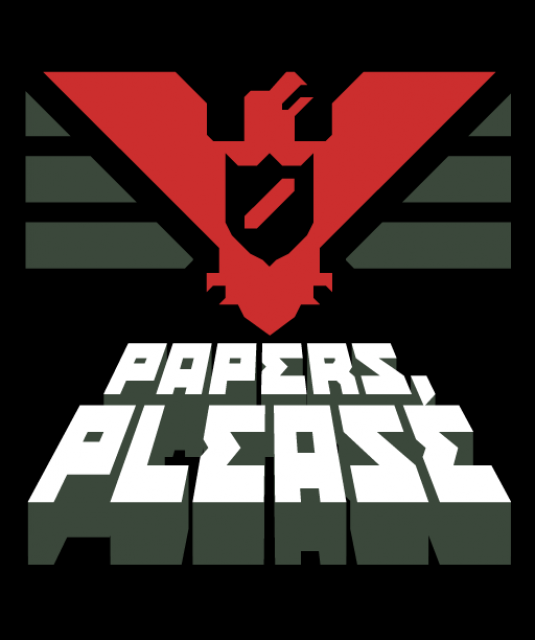
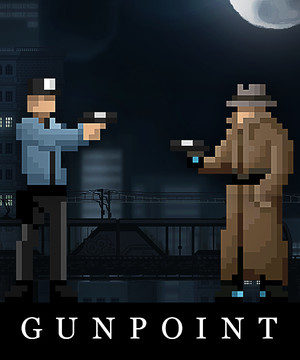
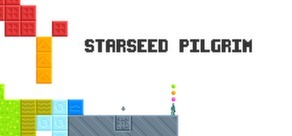


0 Comments